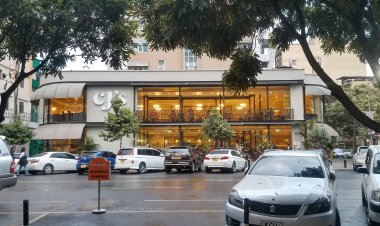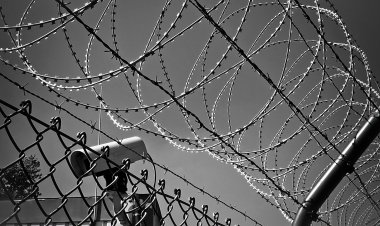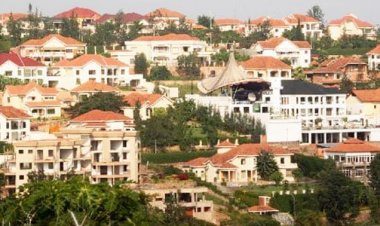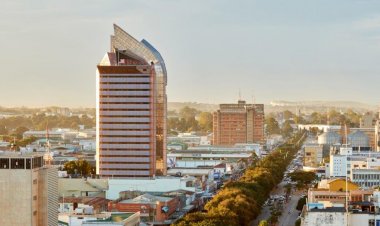Explained: Origin of Street Names in Kenya
The names of Kenyan streets reflect diversity, influences from colonial past, indigenous languages, and modern development.
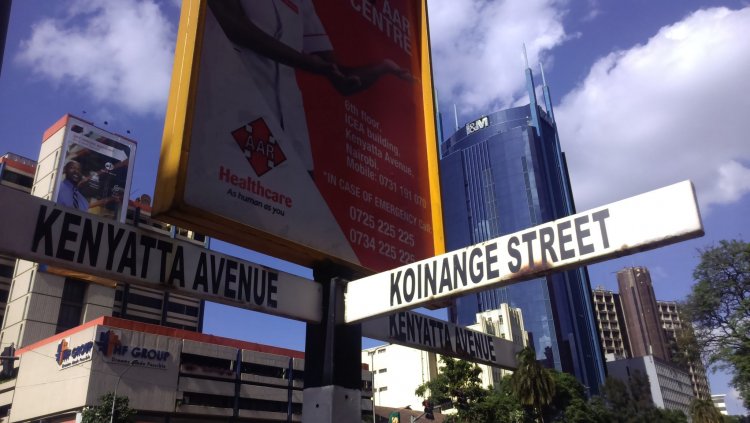
Kenya is a country with a rich history and diverse cultures. The names of its streets reflect this diversity, with influences from its colonial past, indigenous languages, and modern development. This article will explore the origin of street names in Kenya.
Colonial influence
Many of the street names in Kenya were inherited from its colonial past. During the British colonial period, many cities and towns were built or expanded, and they were given names that reflected British culture and heritage. For example, in Nairobi, the capital city, streets such as Koinange Street, Kimathi Street, and Moi Avenue were named after prominent Kenyan leaders who fought for independence from British rule. Other streets, such as Victoria Street, were named after British monarchs or their family members.
 [Image of the signage of Koinange Street in Nairobi. Photo/Courtesy]
[Image of the signage of Koinange Street in Nairobi. Photo/Courtesy]
Indigenous languages
Despite the colonial influence, many street names in Kenya are derived from indigenous languages. In Nairobi, for example, many streets in the downtown area are named after traditional Maasai words. Streets such as Ngong Road, Langata Road, and Mbagathi Way are all named after places in Maasai territory. Other street names reflect the Swahili language, widely spoken in Kenya and neighboring countries. Streets such as Harambee Avenue, meaning "pull together" in Swahili, and Uhuru Highway, meaning "freedom" in Swahili, reflect the country's struggle for independence and its aspiration for unity.
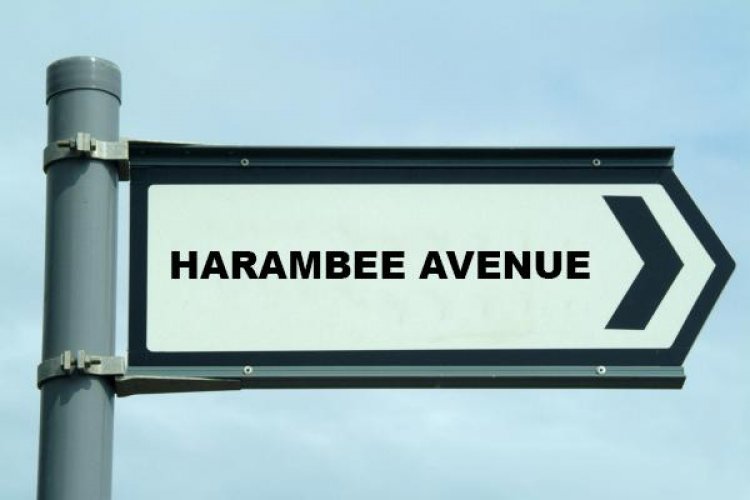 [Image of sinage of Harambee Avenue. Photo/Courtesy]
[Image of sinage of Harambee Avenue. Photo/Courtesy]
Modern development
As Kenya has developed and expanded, new streets have been created and named after landmarks, prominent figures, or historical events. For example, Thika Road, a major highway in Nairobi, is named after the town of Thika, which lies at its northern end. Other streets, such as Waiyaki Way and Mombasa Road, are named after major cities in Kenya. In addition, some streets are named after prominent individuals in Kenyan history, such as Wangari Maathai Road, named after the Nobel Prize-winning environmental activist.
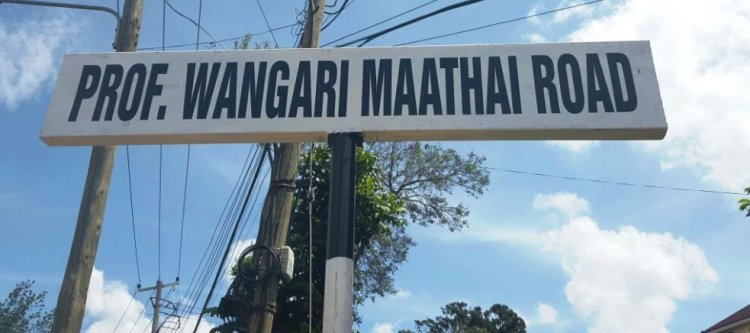 [Image of the sinage of Prof. Wangari Maathai Road. Photo/Courtesy]
[Image of the sinage of Prof. Wangari Maathai Road. Photo/Courtesy]
In conclusion, the origin of street names in Kenya reflects the country's diverse history and culture. From its colonial past to its modern development, street names reflect the aspirations and achievements of the Kenyan people. Whether named after traditional Maasai words or British monarchs, these streets serve as a reminder of Kenya's rich heritage and its ongoing journey toward progress and unity.
If you have a real estate press release or any other information that you would like featured on African Real Estate Blog Post do reach out to us via email at [email protected]

 AREBP
AREBP 






